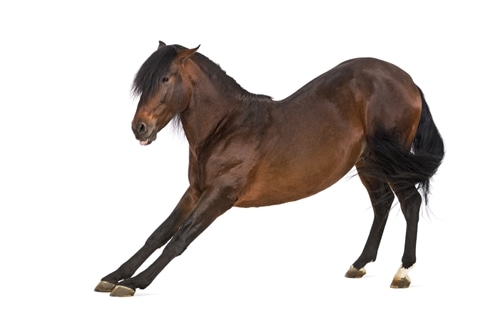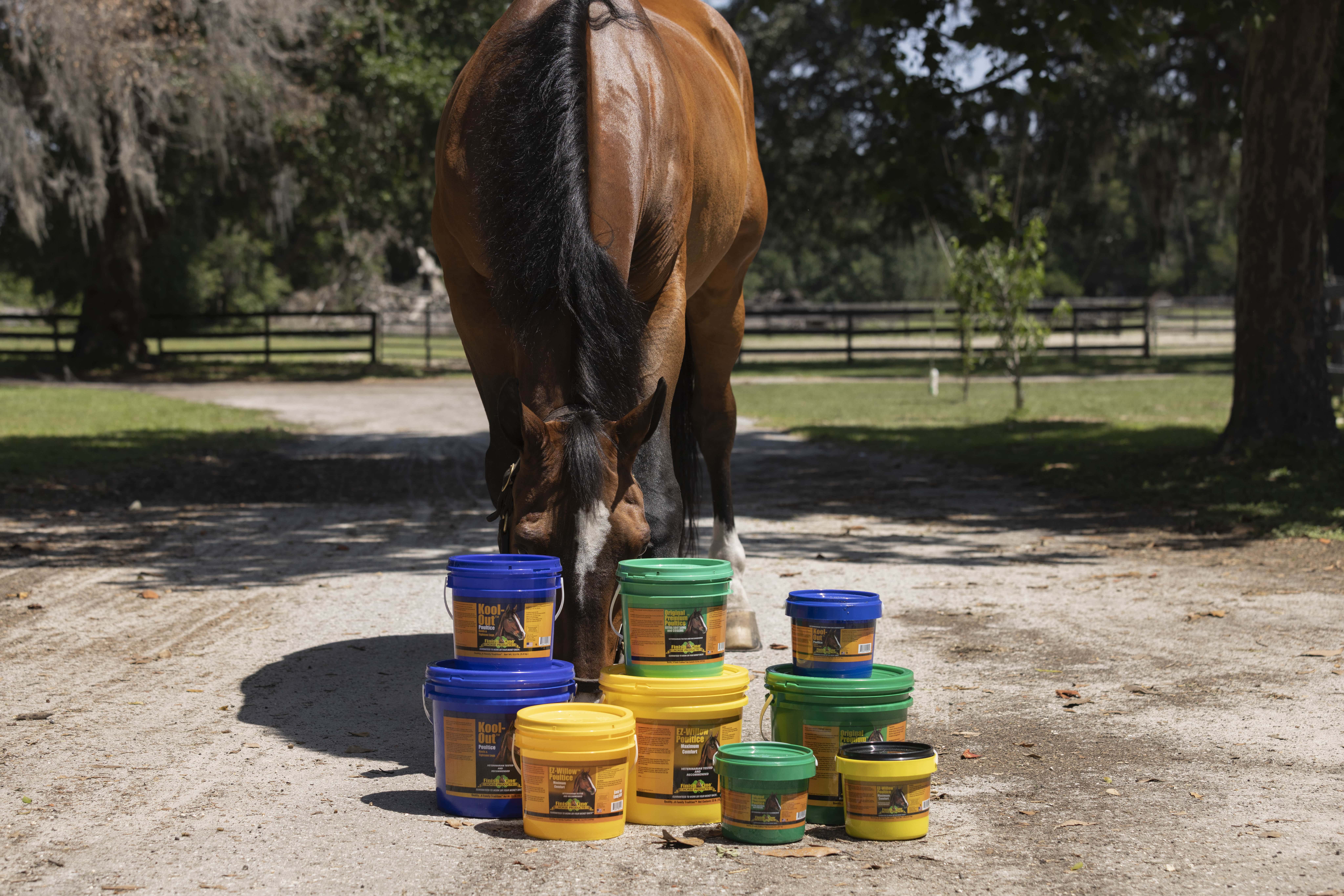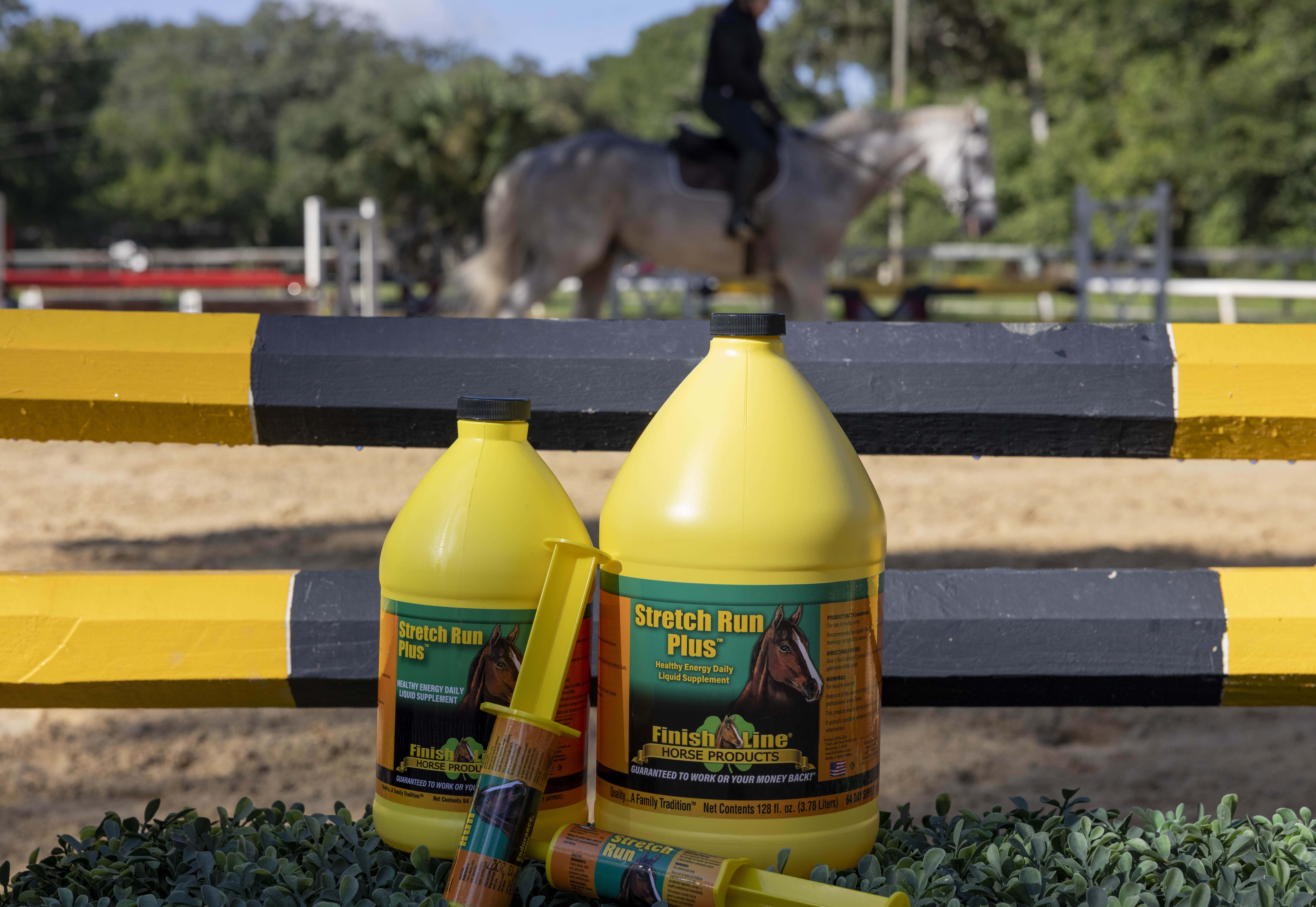Colic is one of the most harmful – and more common – of equine diseases. The U.S. Department of Agriculture’s most up-to-date figures put the incidence rate of colic at 4.2 percent, with a fatality rate of 11 percent. This amounts to an annual cost of $115 million, the largest share of which ($76 million) is due to death.
Fortunately, recent research may help to detect and prevent the onset of colic in horses, allowing horse owners around the country to keep their horse in tip top shape. The findings of the study, titled “Changes in the Faecal Microbiota of Mares Precede the Development of Post Partum Colic” and published in the November issue of the Equine Veterinary Journal, could well be vital to future horse healthcare.
Microbiotics yield maximum results
The study involved the analysis of manure samples from 26 pregnant mares on three different thoroughbreeding farms in Lexington, Kentucky, as well as five nonpregnant mares as controls. The number of mares developing and not developing colic were 13 each.
Researchers led by Professor Scott Weese from the University of Guelph in Ontario, Canada, looked at the microbiotic makeup of the 85 samples taken in total. Their goal was to determine if disruptions in microbiota played a role in the development of colic in mares after giving birth.
As they suspected, certain differences in micriobita did indeed portend the onset of colic in the mares, which researchers believed could be used to predict the disease’s arrival. The fact that the experiment related only to pregnant mares might seem at first seem to limit its application to horse health in general, but the study made clear that these were vital findings – it stated that large colon volvulus, which is among the most severe forms of the disease, was present in the group.
Any new information that could help a horse owner’s mare live to ride another day is, therefore, welcome.
How do you solve a problem like colic?
As the figures show, colic is a serious disease that affects large numbers of horses around the world, so being able to potentially minimize its incidence in any way is a big deal.
As the Merck Veterinary Manual points out, rather than being any one sickness, colic is a catch-all term that refers to abdominal pain in general and can encompass a wide variety of conditions. Its onset could be caused by any number of factors, including diet, stress, the weather, parasitic infection and even a sudden change in the type of feed given to a horse. While it’s treatable, like the Veterinary Institute of Integrative Medicine says, many horse owners can’t recognize its common symptoms, thus sending animals to an early and unnecessary death.
The pain of colic often causes horses to act strangely and out of character. This might include not eating or drinking, sweating, taking on strange stances, pawing at the ground and even rolling around on it. Taking a horse to the veterinarian as soon as possible in such circumstances is essential.
At the same time, horse owners should take steps to not just detect the disease, but to prevent it from happening in the first place. Whether it’s using products for horse digestive aid or maintaining a good parasite control program, there’s a huge range of measures owners can take to prevent colic:
- Regular and consistent feeding.
- Providing the horse clean water.
- Exercising the horse.
- Not letting feed get on the ground, so the horse doesn’t ingest any sand.
Being armed with this information is just the first step in the battle against colic. Hopefully, this latest research will also help play a vital role in keeping our horses healthy in the future.








